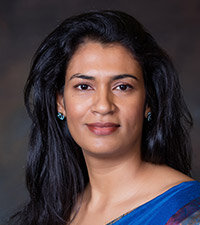Application open to artists, writers, scholars, journalists, activists, workers, organizers, performers and any other person with a compelling idea for social change. No minimum educational requirement, no minimum years of experience.
We are pleased to announce the Assembling Voices Resident Fellows program at The American Assembly at Columbia University. Fellowships are open to all. Applications are due May 15, 2021. Fellows receive $25,000 to design initiatives that bring people together, promote trust and dialogue, and facilitate public engagement with the problems we face, the opportunities we have, and the institutions that shape our lives.
We are seeking proposals from any person who has an idea to develop public programming that addresses pressing social justice and human rights issues, especially those relevant to Black, Indigenous, people of color, LGBTQ+ people, and other historically marginalized groups. Proposed initiatives need to bring people together and give renewed attention to the diversity of expertise that exist outside academic institutions. Initiatives should pioneer creative ways to enhance social life and dialogue through public events. We are especially interested in ideas that use engaging and creative techniques to bring people together.
In the broadest sense, Assembling Voices intends to break down walls that exclude people from institutions and knowledge production. The knowledge, dialogue and relationships that are fostered through each proposed public initiative will ideally have a lifespan beyond a single event series or multimedia presentation. We expect that Assembling Voices—our fellows and their initiatives—will amplify and engage with the talents, abilities, aspirations, hopes, and needs of the communities that comprise our democracy.
Assembling Voices Resident Fellows will have the creative freedom to conceive and execute public programming as they envision, especially addressing communities and topics that require more attention from and dialogue with academic institutions. Fellows will develop their initiatives alongside Assembly leadership and staff, who will provide support from the initial phases of project conceptualization through the initiative’s public launch.
This program is for artists, writers, scholars, journalists, activists, organizers, performers and for any other person with a compelling idea. We encourage people of all generations and nationalities to apply. Collectives will be considered. Participation has no minimum educational requirement, nor do we require a minimum number of years of experience. If you have questions about eligibility based on your visa or immigration status, please contact Michael Falco (mf2727@columbia.edu).

















